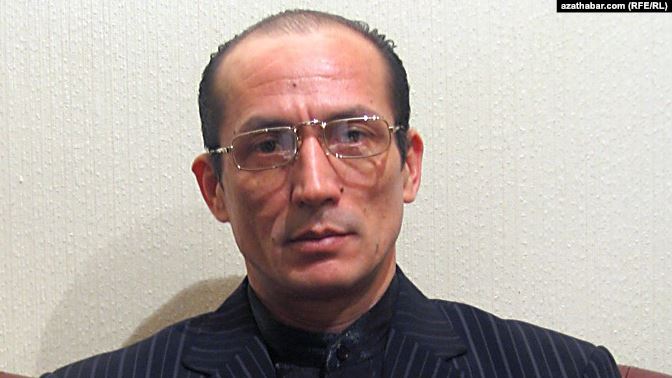
International Community Should Urgently Intervene on Behalf of Turkmen Political Prisoner Gulgeldy Annaniyazov
12.05.2019
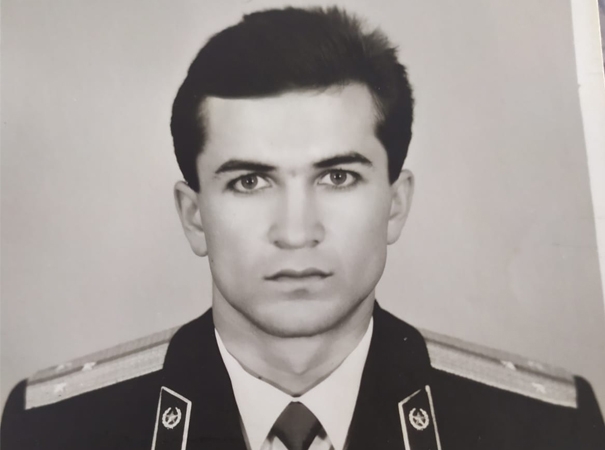
June 11 was Begench Beknazarov’s 50th birthday. Beknazarov, a Turkmenistan Ministry of Defense officer, was sentenced in 2005 for an alleged attempt on the life of the then Turkmen president, Saparmurat Niyazov. For over 14 years his parents, siblings and children have had no news of him. Right after the events of November 2002, he went into hiding, knowing only too well what arrest would mean. At that time his youngest daughter was just one year old. Now she is 17.
Every attempt by the family to find out if he is still alive—there’s no question of a visit or sending a parcel—is met by a summons to the security agencies and death threats to make them keep quiet. But they don’t give up.
Begench Beknazarov’s case is one of over 120 disappearances in Turkmen prisons, including of individuals linked to the “assassination case.” They have all been documented by the international campaign Prove They Are Alive!
Despite the efforts of human rights defenders, the Turkmen authorities refuse to say what has happened to those involved in the case or to those who have disappeared in the prison system since Gurbanguly Berdimuhamedov came to power.
To mark Begench Beknazarov’s 50th birthday, turkmen.news spoke to his sister, Anna Beknazarova, who now lives in Israel.
— It’s more than 14 years since your brother was arrested; have you or your relatives in Turkmenistan had any news of him since then? Has the family been able to visit him or send him a parcel in all this time?
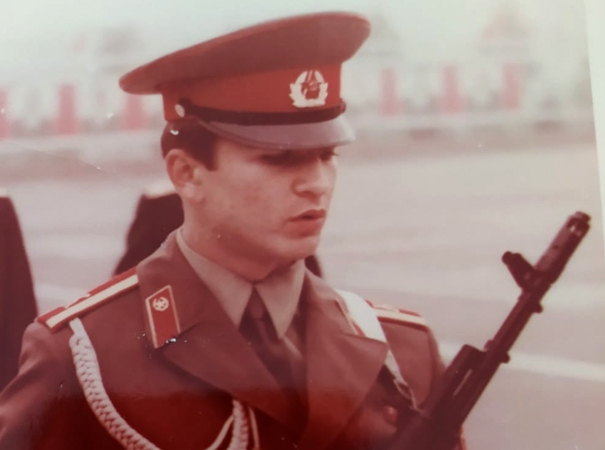
— Begench is my precious brother. All our attempts to discover his whereabouts, to get permission for an independent lawyer to have access to him, to send him some of his things or at least some news in person or via the Israeli Foreign Ministry have failed [Begench Beknazarov and his mother, father and two sisters are Jewish—turkmen.news]. Our requests are left unanswered while Turkmenistan does not respond to the Israeli Foreign Ministry.
— When was the last time you tried to get a visit or send a parcel?
— My sister in Turkmenistan has tried to get through many times, but each attempt ended in a summons to the security agencies and direct threats to her life.
— Tell us about Begench. What sort of family did he grow up in? What did your parents do? What sort of child was he?
— We grew up in an ordinary family—it was very warm, friendly, and multi-ethnic. My mother was a nurse and my father left the final year of his course at a Moscow institute to go and work as a tractor drivers’ foreman and mechanic. There are four of us children: my younger brother Murad is also an officer and taught at the aviation institute in Charjou [now Turkmenabat]. He moved to Israel in 2000. Then there is Begench, my sister Jeren and I.
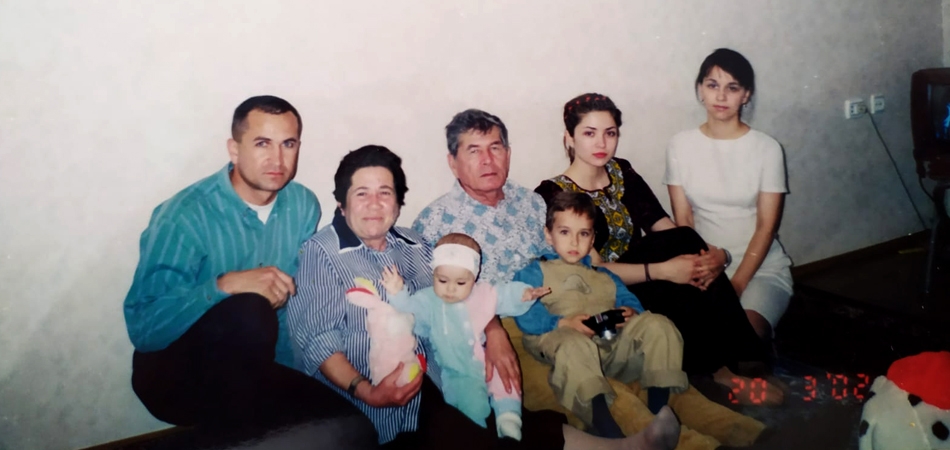
Growing up, Begench always had a keen sense of fairness and was very principled, frequently to his own detriment. He often stood up for his weaker classmates in school №41 in Ashgabat, which led to confrontations with the bullies. We all did well at school and our teachers remember us fondly. The school principal and the teachers supported my parents after what happened.
My father hasn’t lived to see Begench. He died almost nine years ago; prison and torture took their toll on a disabled man with a heart condition.
— So your father was imprisoned too?
— And my mother and younger sister. They tortured them to find out where Begench was. They beat them with plastic bottles filled with water, injected them with drugs, deprived them of their meds (my father had a heart condition, my mother is diabetic), and ruined my sister’s physical and mental health. They were held in detention for several months, then thrown out of their own apartment onto the street and not allowed to live in Ashgabat. It was worst of all for my father, as that’s where his parents are buried.
— Where do your family live now?
Begench has three children who all live in Turkmenistan. His elder daughter is not allowed to leave the country, his son and younger daughter are studying at Russian universities via distance learning. The younger daughter is 17 now.
— Why did he choose the military? How did his career develop?
— He decided on his profession while he was still at school. When he was in the ninth or tenth grade he transferred to the military school. When he had completed that, he went to the Frunze Higher Military Academy in Kyiv, where he made some good friends and never doubted his vocation. In autumn 1986 together with his fellow cadets he cleared rubble from the Chernobyl reactor. Later he discovered it had affected his health. He graduated with distinction from the academy in 1990 and was stationed in Chuhuiv [a town in Kharkiv Region in Ukraine—turkmen.news], where he got married. But as a true patriot who believed in the changes in Turkmenistan, my brother soon returned home together with his wife. In 1997 he completed a six-month course at a NATO school in Germany and began to move up the career ladder.
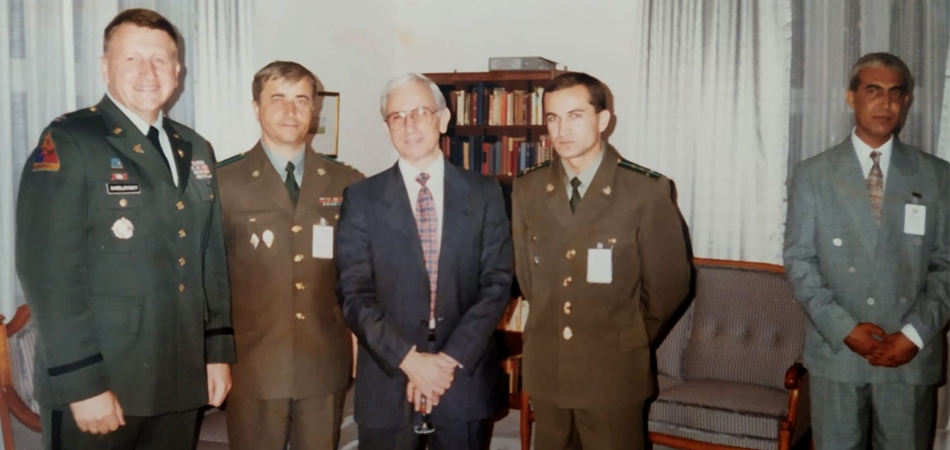
He really loved his work. He used to say none of my soldiers will go hungry or be bullied. He cared about each one of them. He would rigorously question his junior officers about the soldiers. He would often bring them home to our hospitable mother to be given some of her cooking, and would buy groceries for the military unit with his own money.
— Your family is related to former Foreign Minister Boris Shikhmuradov. In 2001 he announced he had joined the opposition to President Saparmurat Niyazov. Did this have any effect on Begench’s career?
— Yes, my father’s younger sister is married to Boris Shikhmuradov’s younger brother, Konstantin Shikhmuradov. He has been in prison since 2002 as well. After the announcement about joining the opposition, Begench was immediately demoted, and six months before the alleged assassination attempt a case was brought against him. I think it was to do with shortfalls in supplies, but a month later they found the real culprit. The charge was lifted and Begench was released.
— Do you think this brief incarceration was an early warning?
They found Begench in May 2005 in the basement of our parents’ house.
— I expect your parents suffered for hiding their son.
— My father and Begench’s eight-year-old son were at home that day. Yes, they beat them, definitely my father. Then they were thrown in jail. My mother, father and sister were all in prison twice, but they were released after Israel intervened.
— So he was taken away and no one has heard hide or hair of him since then? The trial was held in camera?
— We heard that at first he was held in the basement of the National Security Committee [the successor to the KGB—turkmen.news], then transferred to the Ovadan Depe prison. He did not have a trial. Niyazov himself convicted him.
— What do you feel in your heart of hearts—is Begench still alive?
— I don’t want to contemplate the worst, but I am sure that he’s still alive. Begench is a very strong character and knows that we will always be waiting for him!
— How did you mark his birthday?
— We had a cake with his brother and his family—our Begench has a sweet tooth—and we drank toasts to his health and freedom.
“Enforced Disappearance” is considered to be the arrest, detention, abduction or any other form of deprivation of liberty by agents of the State or by persons or groups of persons acting with the authorization, support or acquiescence of the State, followed by a refusal to acknowledge the deprivation of liberty or by concealment of the fate or whereabouts of the disappeared person, which place such a person outside the protection of the law.
Article 2 of the International Convention for the Protection of All Persons from Enforced Disappearance
All photographs and documents presented in this interview belong to Anna Beknazarova

12.05.2019
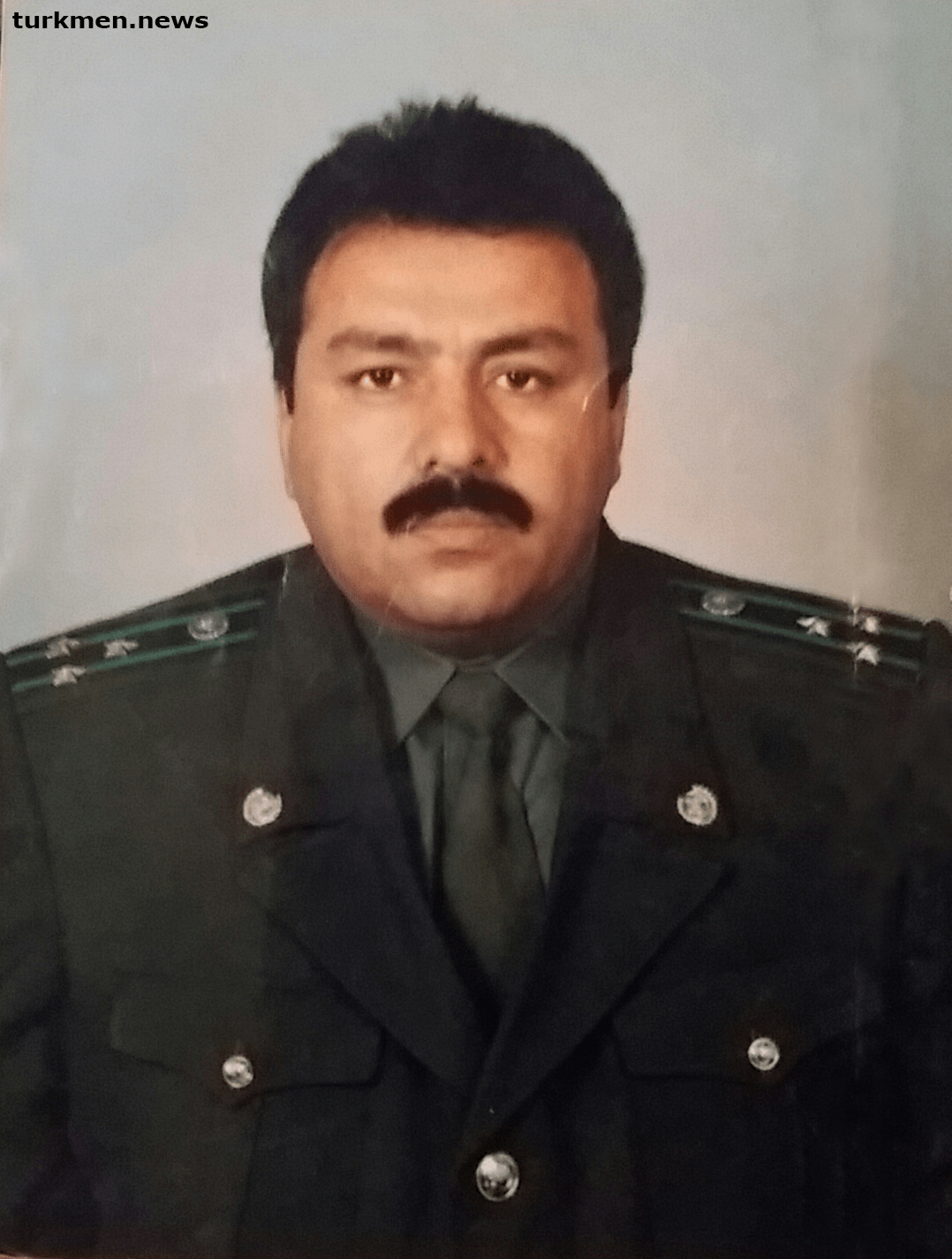
09.04.2018
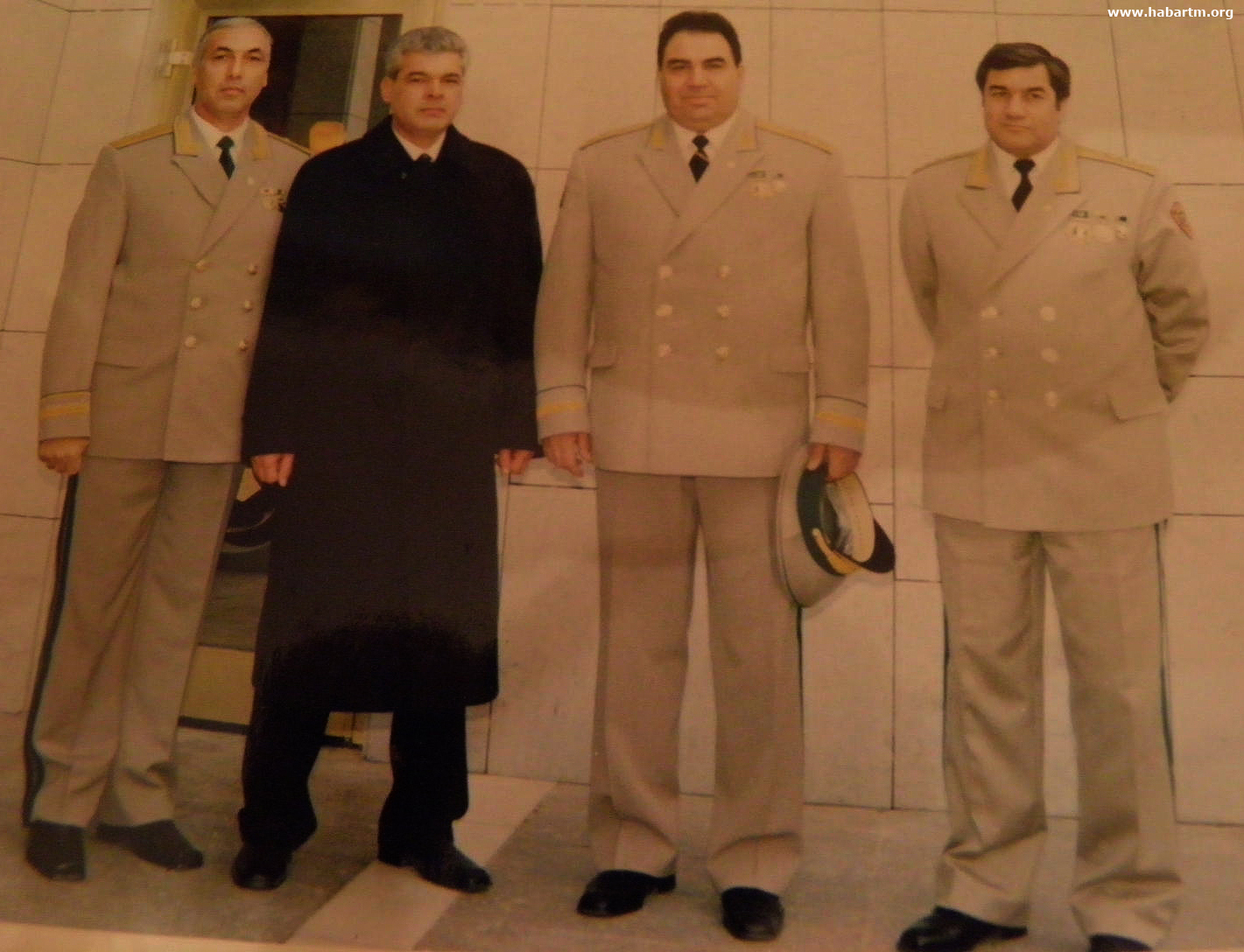
20.03.2017
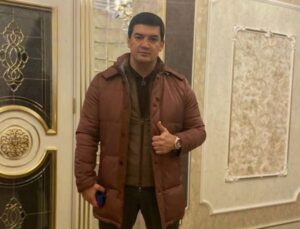
Upmarket Bar in Ashgabat Closed After Brawls Involving President’s Cousins
08.04.2024

Petrofac Back in Favour in Turkmenistan After Falling Foul of Berdimuhamedov
18.03.2024
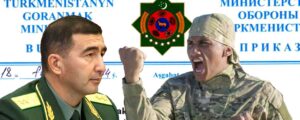
Turkmenistan’s Defense Minister Deprived Officers From Housing Entitlement Despite Widespread Resignations
28.02.2024
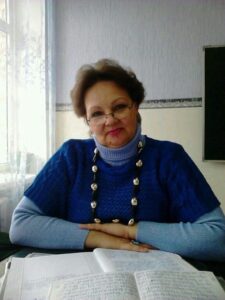
Murder and Suicide at Troubled Turkmen School
28.02.2024
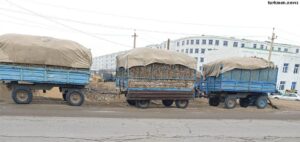
Low Prices Lead Turkmen Farmers to Sell Cotton Harvest Residues for Fodder
19.01.2024
Tell us!
Add comment
your e-mail will not be published